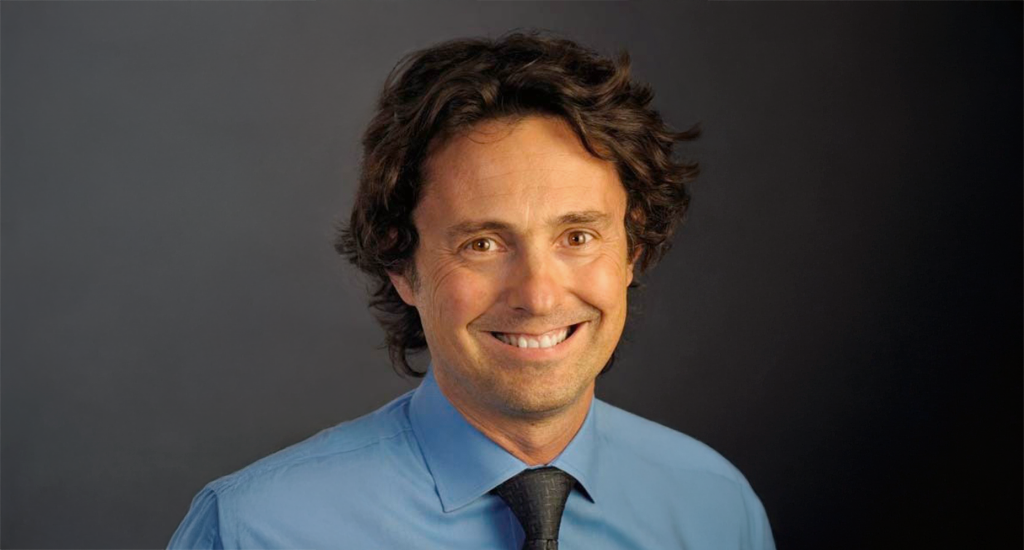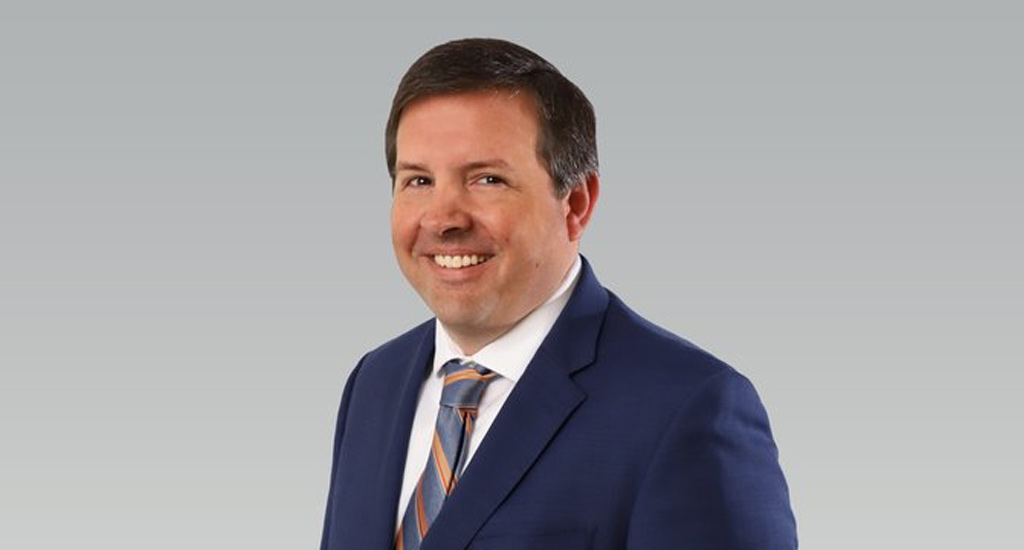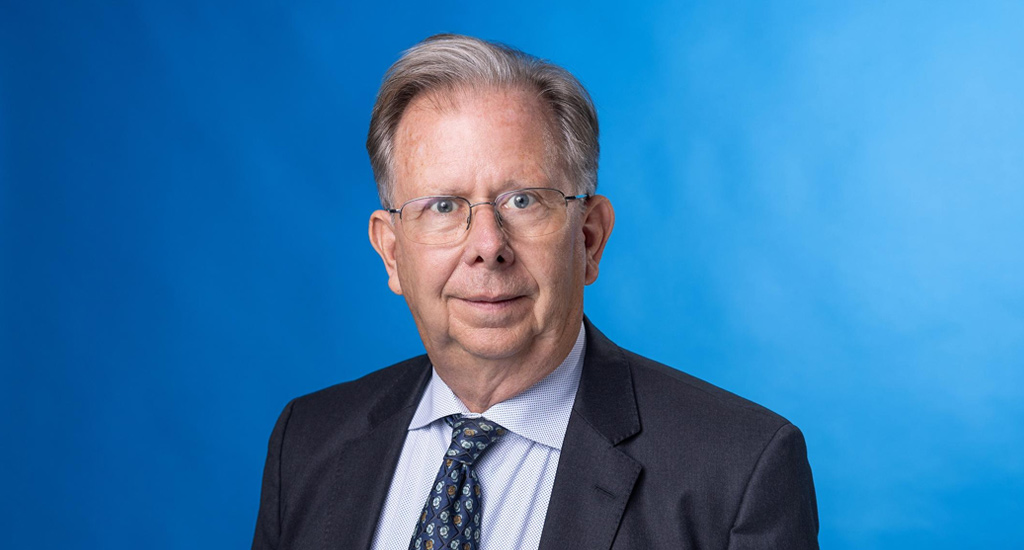When:
Wednesday, November 13, 2024 at 11:15 a.m. – 1:30 p.m. (Arizona time)
Where:
Sheraton Phoenix Downtown Hotel
Ticket prices:
In Person: $185/person | $1,450/table of 10
Virtual: $75/person | $700/group of 10
Sponsored by:
![]()
The Program
The economic outlook for 2025 has suddenly become more uncertain. While inflation may be under control in the U.S., recent labor market data has brought back the possibility of a recession.
Several factors make a clear prognosis difficult: a close presidential race with candidates who espouse very different economic policies, uncertainty in the technology sector, commercial real estate issues, the continuing Russian war in Ukraine, the conflict in Gaza and the instability in the Middle East, and unprecedented climatic phenomena. Still, Arizona appears positioned for significant growth led by technology investments.
Join us at this year’s luncheon, where top national and regional experts will present their economic forecasts and advice on these issues and more.



